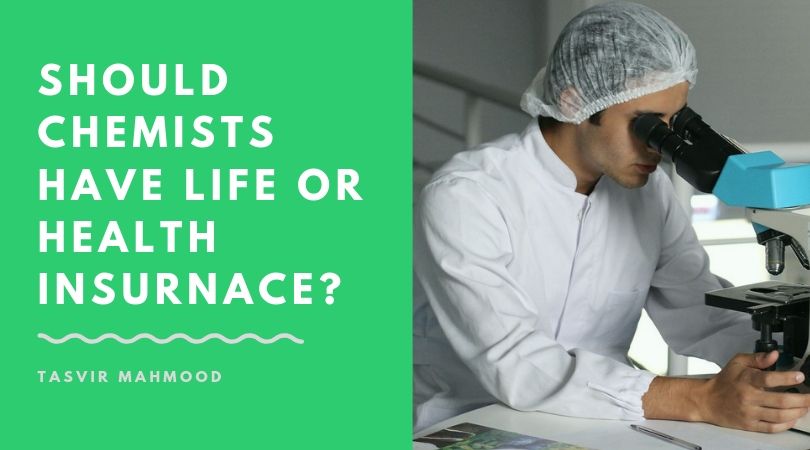Chemists have to work with different kind of chemicals on a daily basis. Some of them are harmless. But on the other hand some chemicals might cause serious injuries or even cause death. Chemists should always be aware of what they use. Not only that, they should also be aware that what they should do after they are injured, harmed by any of the chemicals. That is why chemists should seriously consider to have a life or health insurance, so it is ensured that all of their expenses are covered in case something happens.
In this blog I am going to mention different types of chemicals or substances which might harm a chemist. How badly it can harm them. In the end of the blog, I am going to leave some useful links.
Harmful Gases
There are many harmful or poisonous gases which might damage the eyes, lungs or skin. Some are irritants while some gases can kill a person immediately. For example Chlorine gas is a serious irritant, it will damage the eyes for sure. On the other hand poisonous gases such as carbon monoxide can kill a person silently. That is why a health insurance is necessary to cover for the treatments caused to the eyes or lungs. Life insurance is necessary to support the children in case the person dies.
Corrosive Substances
There are many corrosive substances in a chemistry laboratory which will immediately burn the skin. Such as acids or alkalies. Some strong acids are sulfuric acid, hydrochloric acid, nitric acid etc. Acid being affected by any of these, a chemist might need to spend a lot for skin treatment. Hence an health insurance will cover for all the skin treatments.
Carcinogenic substances
There are many substances in the chemistry laboratory which are carcinogenic. Which means they have the potential to cause cancer! Some example of carcinogenic substances are: 40 Acetaldehyde, 41 4-Aminobiphenyl, 46 Benzene etc. Cancer treatment is one of the most expensive treatment in the world. Plus there is a high chance a patient might not survive. So a health insurance is must for covering all the cancer treatments. Even after the treatment if the patient does not survives then the family can still have the support from life insurance.
Useful Links
Here are some links to Life and Health insurance websites which might help you out.

